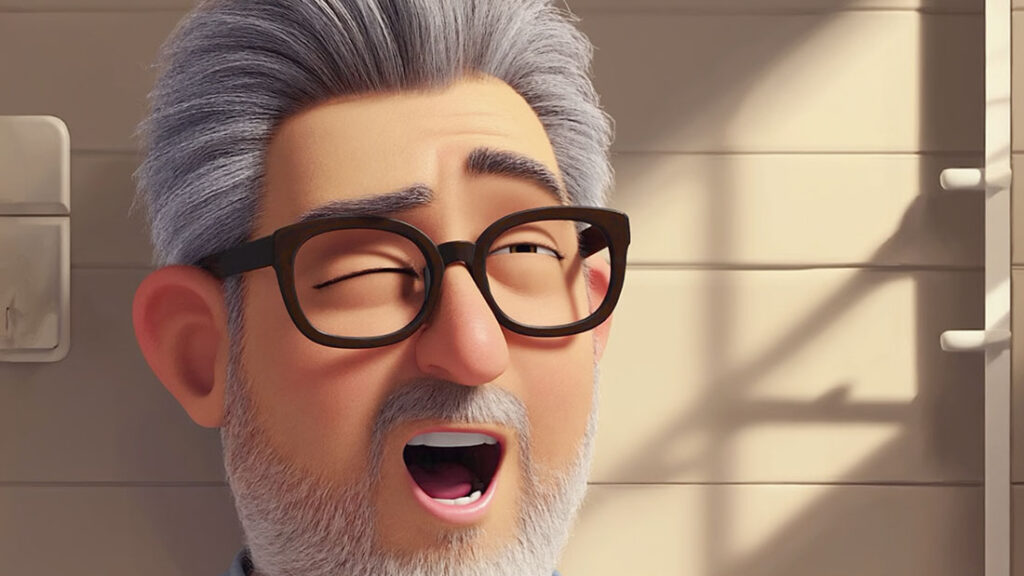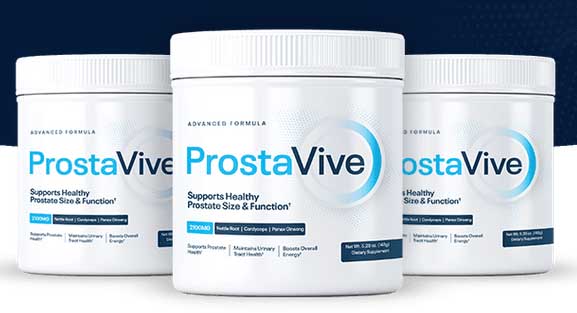Rye pollen for your prostate? You’d better believe it, because like most men over 40 — or men under 40 with a deep love of preventative health and quirky supplements — I found myself reading about… rye pollen in my quest for a healthy prostate.
Yes. Rye pollen. Not rye bread. Not rye whiskey. Not even rye from that one Hemingway story you swear you read in college but was actually by J.D. Salinger. This is rye pollen, the microscopic dust that plants toss into the wind like they’re trying to pollinate your sinuses. But, plot twist: turns out, that stuff might be the unsung hero of prostate health.
So, let’s buckle up. We’re going deep. Prostate deep. Into the wild, wind-blown world of rye pollen extract, the botanical equivalent of a spa day for your lower urinary tract.
The Prostate: The Tiny Gland with Big Feelings
First, let’s meet the star of this hormonal Hallmark movie: the prostate.
It’s small. Like, “I lost it in the couch cushions” small. But oh boy, does it punch above its weight class. Located just below the bladder and wrapped lovingly around the urethra (you know, the pee-tube), this guy’s job is to produce some of the fluid in semen. He’s also there to cause trouble as men age.
Why? Because as we cruise past 40 like we’re in a mid-life convertible with the top down and Phil Collins on the radio, the prostate starts to grow. Not in a fun, “personal growth” way. More like an “I’m gonna make you pee 14 times a night” kind of way.
The condition is called benign prostatic hyperplasia, or BPH, which sounds like a British boy band but is actually a very common, very annoying issue. Symptoms? Weak stream, urgency, dribbling, and the general sense that your bladder is playing a cruel, leaky prank on you.
Enter rye pollen extract. Cue the heroic music.
Rye Pollen for your prostate: It’s Not Just for Bees
You might think rye pollen is the enemy. It’s what makes you sneeze your face off every spring. But when harvested from Secale cereale (that’s Latin for “rye plant,” which makes it sound fancier), it becomes a supplement with a very specific mission: prostate peacekeeping.
We’re talking about a combination of grass pollens — typically rye, timothy, and corn. They’re processed and concentrated into what science people call cernilton or rye grass pollen extract. And when taken in supplement form, it’s like sending a team of botanical diplomats to negotiate with your inflamed, overly dramatic prostate.
What Does It Do, Though?
Let’s get nerdy for a second. Studies (real ones, peer-reviewed, not just something your uncle read on a Facebook meme) have shown that rye pollen extract may:
- Reduce inflammation in the prostate (yes, like botanical ibuprofen).
- Relax smooth muscle tissue in the urethra and bladder neck (think: less pressure, better flow).
- Shrink the prostate over time (without the need for tiny magical elves).
- Improve urinary symptoms, especially nighttime urination — which, let’s be honest, is killing your sleep and your marriage.
Some research even suggests rye pollen extract may be helpful in chronic prostatitis, which is basically long-term inflammation of the prostate, often with mysterious, frustrating symptoms. Think: pelvic pain, burning urination, and the nagging sense that your lower abdomen is plotting against you.
It’s not a cure-all. It’s not a magic bullet. But it’s a natural option that doesn’t come with the baggage of prescription drugs, like dizziness, fatigue, or losing your libido faster than a Netflix show gets canceled.
The Science Backs It (Mostly)
Look, I’m not here to sell you snake oil. The science on rye pollen is promising — not bulletproof, but compelling.
For example:
- A meta-analysis (that’s like a scientific Super Bowl) of multiple studies found that rye pollen extract significantly improved symptoms of BPH compared to placebo.
- A double-blind study (the gold standard in research, where even the researchers don’t know who’s getting the real stuff) showed reduced frequency and urgency in men taking cernilton.
- Another trial found improvement in peak urinary flow rate, which is measured in milliliters per second — the kind of stat nobody brags about, but hey, it matters.
Best part? Few side effects. We’re talking mild nausea at worst. No sexual side effects, no dry mouth, no soul-sucking fatigue. Just the sweet, subtle hum of your prostate calming the hell down.
So, How Do You Take It?
Glad you asked, disembodied voice in my head.
Rye pollen extract usually comes in capsule form. Typical dosage? Around 126 mg to 152 mg per day, divided into two or three doses. But, as with all things you ingest — sushi, tequila, or questionable life advice — check with your doctor first.
It takes time to work. You’re not going to pop a pill and pee like a 22-year-old firehose overnight. Most studies show benefits over 6 to 12 weeks. It’s more of a slow burn. Like that indie rom-com where nothing happens for two hours and then you cry at the end.
Is It Safe?
As safe as hugging a golden retriever in a field of daisies. For most people.
But here’s the disclaimer (because I care, and also because I’m not a doctor): if you have allergies to grasses, maybe skip this one. Or test it out with your doctor’s guidance.
Also, if you’re already on medications for BPH or prostate issues, talk to a medical professional before doubling up. Don’t just assume “natural” means harmless. After all, sharks are natural.
Who Should Take Rye Pollen?
If you’re a man over 40 who:
- Pees more than your toddler
- Gets up to urinate more than once a night
- Feels like your bladder is full 24/7
- Wants a natural approach before jumping to prescriptions
- Enjoys the idea of microscopic pollen particles being your urinary allies
…then rye pollen might just be your new best friend. Or at least a helpful acquaintance who shows up and fixes your plumbing.

The Real Talk
Let’s zoom out for a second.
The prostate is one of those things men don’t talk about until it starts messing with our lives. Kinda like taxes. Or the final season of Game of Thrones.
But prostate issues are incredibly common. And the earlier you show yours some love, the better off you’ll be. Whether it’s with rye pollen, lifestyle changes (eat the veggies, do the squats, drink the damn water), or regular check-ups, the point is: don’t ignore it.
Rye pollen is just one tool in the toolbox. A well-studied, surprisingly effective, side-effect-light tool — like a gentle Swiss Army knife designed by a naturopath.
And if nothing else, it gives you a fun fact to share at your next dinner party:
“Did you know rye pollen can help your prostate shrink? Pass the mashed potatoes.”
Rye pollen for your prostate – The Final Word
Here’s the deal: I love a good underdog story. And rye pollen is the Rudy of supplements. It’s humble. It’s overlooked. It gets sneeze reactions instead of standing ovations. But when it comes to helping your aging prostate chill the hell out, it’s quietly effective. Like a supporting actor who steals the whole movie.
Will it work for everyone? Nope. But it works for a lot of people. And if you’re in the “I’m not ready for meds, but I’d like to pee without weeping” camp, it’s worth a shot.
Talk to your doc. Check your sources. And remember: your prostate isn’t just some random gland. It’s a part of your story. A weird, walnut-sized co-star in the grand production that is You.
So give it some attention. Maybe a little rye pollen. Maybe a thank-you note.
Or at the very least… don’t ignore it.
Best
Al
PS Want to add to the conversation? Leave a comment below!
